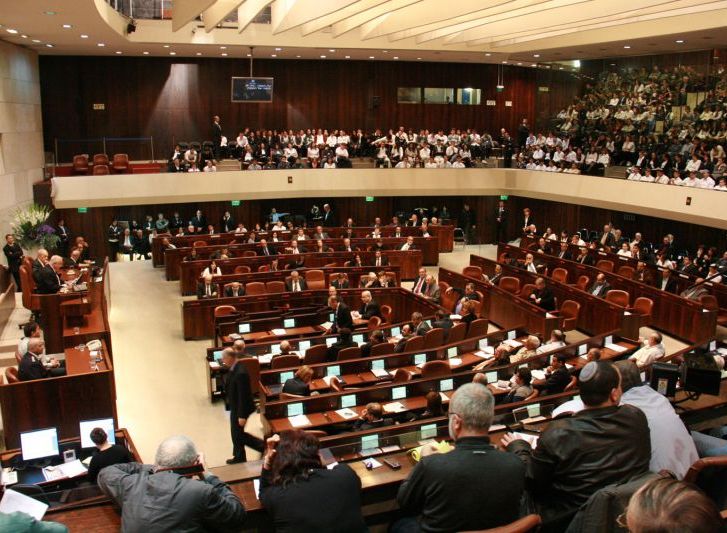Israeli Supreme Court upholds continued confiscation of occupied East Jerusalem properties through the Absentee Property Law
On 15 April 2015, the Israeli Supreme Court affirmed the applicability of the Absentee Property Law to properties in occupied East Jerusalem belonging to Palestinians living in the West Bank. In its decision, the Court affirmed the applicability of the law to East Jerusalem, approving all past expropriations and giving the green light for further expropriations in the future. The decision states, however, that future seizures of properties by the State of Israel will need approval from ministerial committees, in addition to the Attorney General.
Adalah General Director and Attorney Hassan Jabareen commented: "The Court’s decision has validated one of Israel’s most racist and arbitrary laws, enacted in 1950 primarily to confiscate Palestinian refugee property after their displacement from their homes. There is no other place in the world, not in democratic systems nor in dictatorial regimes, where such a law applies. Despite these realities and the positions of former Attorney Generals, the Supreme Court gave the green light for the application of arbitrary codes on occupied land and its population, with no regard to their protections under international law.”
Adalah filed an expert opinion, as amicus curiae, in this case in 2013. The Supreme Court proceedings initially concerned four civil appeals. The Custodian of Absentee Property initiated two of these appeals in 2006, with the others submitted in 2007 and 2009 respectively by West Bank Palestinians who own properties in East Jerusalem. Adalah Attorney Suhad Bishara argued in a brief that the Attorney General’s position on the law clearly contradicts precedents set by his predecessors, who largely opposed its application to East Jerusalem. Adalah also argued that the imposition of the law on Palestinian properties in East Jerusalem and the West Bank, and not on the properties of Israeli Jews living in settlements, illustrates the real discriminatory objectives behind the law.
Case citation: Civil Appeal 2250/06, Custodian of Absentees’ Property et al. v. Daqaq Nuha et al. (decision delivered 15 April 2015)
Read more:
Read Nir Hasson, “Supreme Court rules: Israel can confiscate Palestinian property in Jerusalem,” 16 April 2015

















